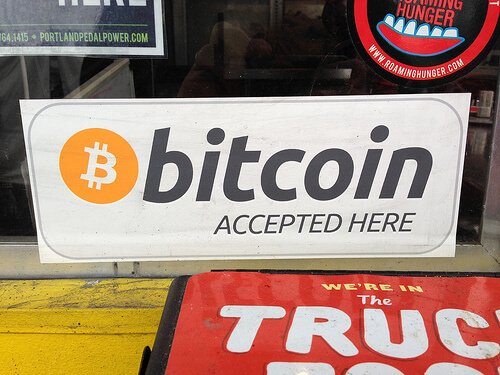
Bitcoins just got into politics: The Federal Election Commission (FEC) said yesterday that people can use digital currency to make political contributions.
On Thursday, the Federal Election Commission (FEC) permitted the usage of bitcoins for donations to political action committees. It is one of the first rulings of the government related to the virtual currency. The FEC’s action came in response to a request made by a political action committee called Make Your Laws PAC.
The donations are not allowed to exceed the limit of $100 per individual for each election cycle. The political committees will also be able to buy bitcoins.
However, the FEC did not allow making anonymous contributions. Donators must provide their names, addresses, occupations and also confirm they own the number of bitcoin they want to contribute.FEC did not approve the usage of the digital currency for acquiring campaign goods and services.
A global policy counsel of the Bitcoin Foundation, Jim Harper, admitted that the approval of bitcoin donations provides more legitimacy to the virtual currency.
“It’s another part of the growing body of regulation that establishes bitcoin as a co-equal part of the financial services system,” he said.
Jared Polis, a liberal Democrat from Colorado and a bitcoin supporter, said his campaign would definitely accept the digital money. He also praised the government for recognizing the right of people to use alternative currencies in the political processes.
Still, not all the officials are ready to receive bitcoin. Thus, members of the House Democrats campaign committee said they were not going to immediately start accepting digital currency.
Bitcoins are likely to be spread primarily between tech-savvy and libertarian-leaning circles. Michael Toner, a former FEC chairman and a Washington campaign-finance layer, said:
“You may not see a lot of establishment candidates in the parties rushing to accept the currency just yet.”
The virtual currency became more popular between political candidates and committees, mainly among libertarians.
The Libertarian Party started accepting bitcoin a year ago and has already received a sum of around $10,000. The usage of bitcoin demonstrates a kind of protest against the Federal Reserve policies.
Greg Abbott, Texas’ Republican attorney, month ago said he would contribute bitcoin to his bid for state governor. Steve Stockman, a Texas Republican, received the virtual money in his Senate bid.
Still, there are some disagreements between the commissioners about the size of the bitcoin donations. Democrats said contributions should not be higher than $100. At the same time, Lee Goodman, a Republican, said limits should be higher as contributions are more like in-kind donations.
Dan Backer, a conservative lawyer, who sent a request to FEC for bitcoin approval last year, has already begun making contributions. Не plans to donate over $100 to House and Senate candidates.
However, bitcoin presents some risks. The virtual currency is issued outside the normal banking system and is not regulated by any authority.


